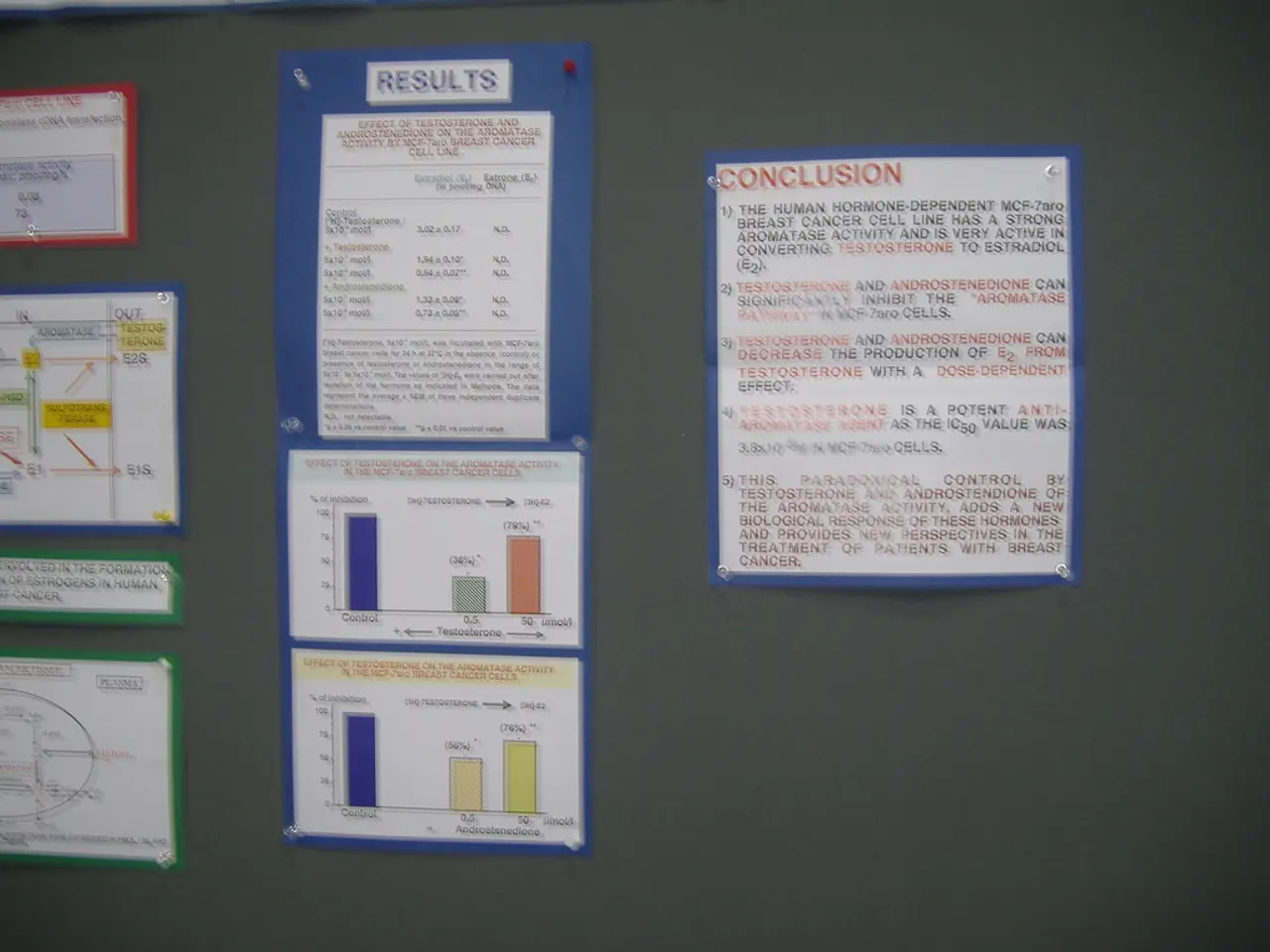Karnataka Bank's Board Asserted Authority Over Management Decisions
In a surprising turn of events, Karnataka Bank's Managing Director & CEO, Srikrishnan Hari Hara Sarma, and Executive Director, Sekhar Rao, have announced their resignations, citing personal reasons. Sarma's resignation, effective July 15, 2025, includes his decision to relocate to Mumbai, while Rao's resignation, effective July 31, 2025, was due to his inability to relocate to Mangaluru and other personal factors.
**The Reasons Behind the Resignations**
Speculative reports have suggested differences with the bank's board over certain expenditures, but the bank has publicly stated that related matters in the FY25 audited financial statements, which led to an Emphasis of Matter in the auditor's report, have been "discussed and amicably resolved."
**The Immediate Impact**
Following the announcement, Karnataka Bank's shares fell by as much as 7%, indicating market concern about leadership stability and future direction. However, the bank assures stakeholders it remains well-capitalized, financially sound, and committed to continuing its transformational journey without interruption.
**Steps Towards Continuity**
The bank has promptly formed a search committee to identify suitable successors for both positions. A new Chief Operating Officer (COO), Raghavendra Srinivas Bhat, has been appointed, who will assume charge from July 2, 2025, to maintain operational stability. Substitute arrangements are underway, subject to Reserve Bank of India (RBI) approval.
**The Long-term Impact**
The long-term impact on performance will depend on the effectiveness of new leadership and ongoing execution of the bank’s strategic initiatives. The resignations mark a significant leadership transition at Karnataka Bank, but the institution has taken swift steps to ensure continuity and reassure investors.
Elsewhere, IDBI Bank reported a decrease in its gross and net non-performing asset ratios for the quarter ended March 31. However, the bank's net profit for the year ended March was down 2.6% YoY to Rs 1,272.37 crore, due to a decrease in net interest income and a rise in expenses. The bank's former DGM, who was part of the senior management, had to resign within three months due to his appointment not being ratified by the board.
In conclusion, while the resignations at Karnataka Bank and the financial performance at IDBI Bank present different narratives, both institutions are navigating their respective challenges with a focus on maintaining stability and moving forward.
- The reasons for the resignations of Karnataka Bank's MD & CEO and Executive Director may extend beyond personal reasons, as speculative reports have suggested differences over certain expenditures.
- The Defi industry and banking-and-insurance sector will closely watch the impact of these resignations on Karnataka Bank's transformational journey, as the bank has stated that related matters have been resolved but shares fell by 7% following the announcement.
- Businesses and investors need to consider the long-term impact on the bank's performance, as the effectiveness of new leadership and the bank's strategic initiatives will determine future direction.
- Meanwhile, the banking-and-insurance industry also observes the financial performance of IDBI Bank, which experienced a decrease in net profit due to a decrease in net interest income and a rise in expenses, leading to the resignation of a senior manager whose appointment was not ratified by the board.





